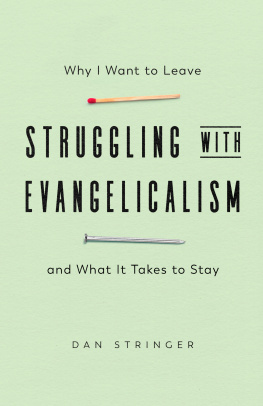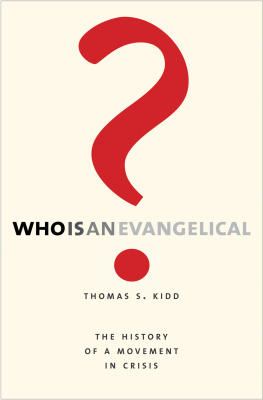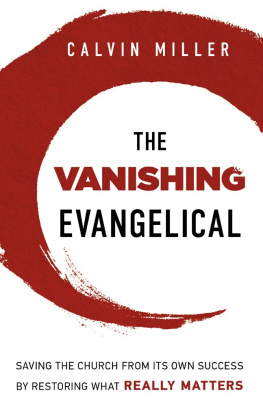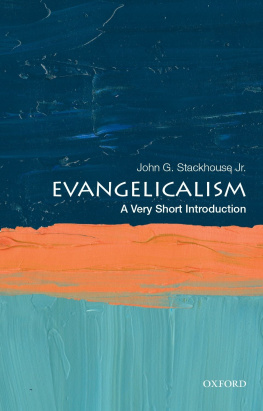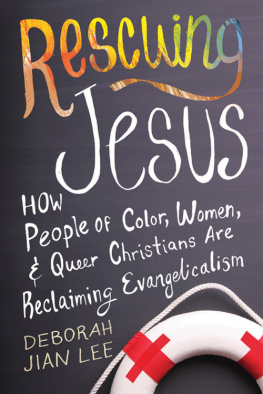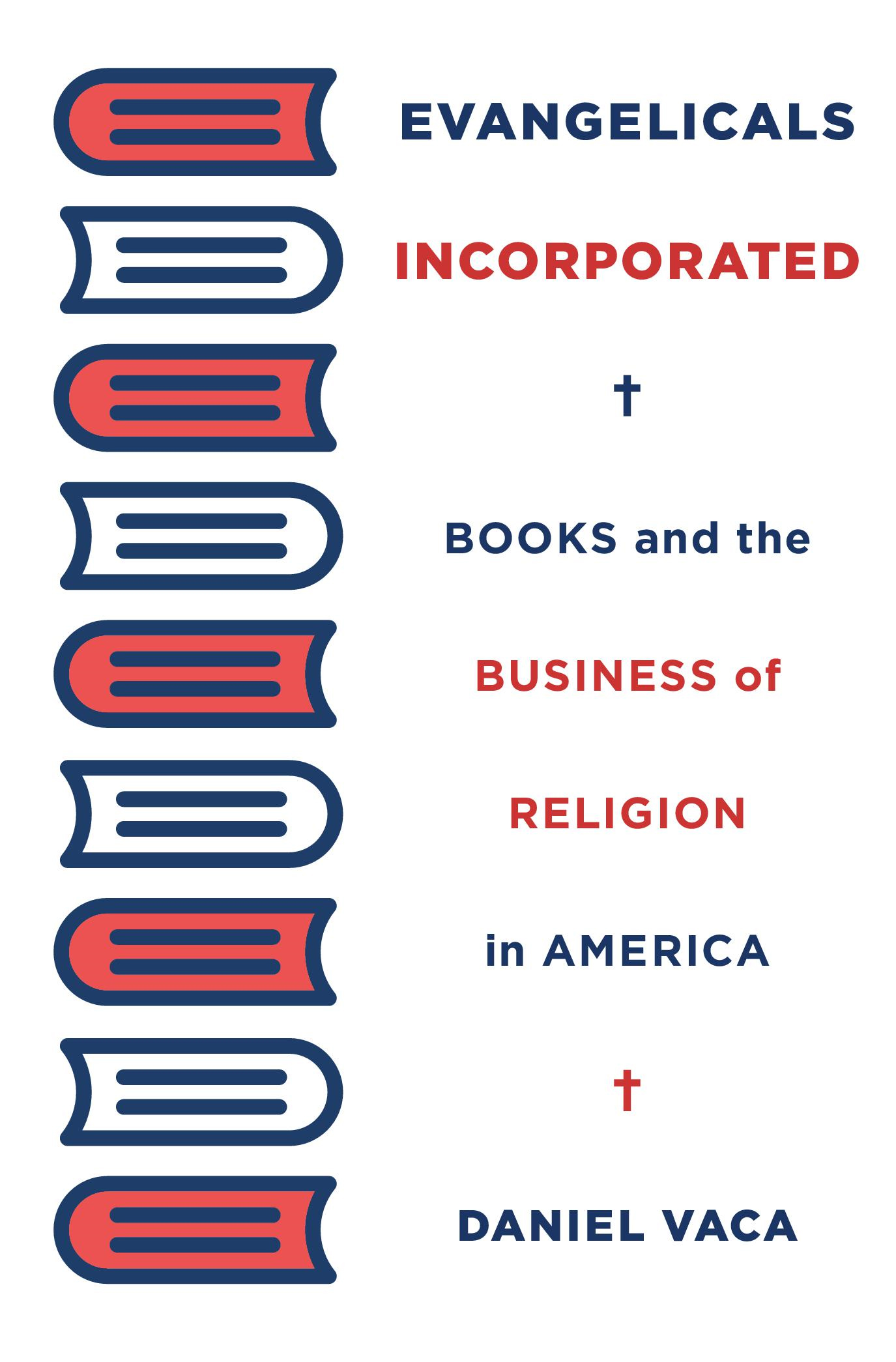Names: Vaca, Daniel, 1980 author.
Description: Cambridge, Massachusetts : Harvard University Press, 2019. |
Includes bibliographical references and index.
Subjects: LCSH: Christian-owned business enterprisesUnited States. |
EvangelicalismEconomic aspectsUnited States. |
ChristianityEconomic aspectsUnited States. | Christian
literaturePublishingUnited States. | Church and mass mediaUnited States.
WITHIN A FEW YEARS of its release in 2002, a book entitled The Purpose Driven Life: What on Earth Am I Here For? became known as the best-selling hardcover of all time. An inspirational self-help manual written in the style of a guide for daily devotional reflection, the book sold almost thirty million copies in the United States during the three years following its initial publication. This outsized success inevitably raises a question: why did so many people buy it?
You could answer this question in at least two ways. First, you could examine the book itself, chronicling its most appealing or distinctive features. Written in a direct and earnest tone, each of the books forty chapters is only a handful of pages long, which makes its chapter-a-day regimen easy to undertake. The chapters end with study questions that facilitate group discussion or individual introspection. The book underlines its transformative potential in its first few pages, inviting readers to pledge themselves to forty days of reading by physically signing their own signatures alongside a reproduction of the signature of the books author, the Southern Californian megachurch pastor Rick Warren. Figuring as a sort of life coach and prophet, Warren presents his book as a singular solution to an age-old problem: The search for the purpose of life, he explains, has puzzled people for thousands of years. Buying the book affords you the opportunity to determine whether it solves this perennial puzzle in your own life.
A second method of explaining the books success focuses less on the peculiar appeal of its content than on the scope of the books market. How did its tens of millions of consumers become receptive to this product? The easiest answer is to acknowledge that the book sold especially well among consumers who participate in a mode of Protestant Christianity known as evangelicalism, which surveys since the 1970s have estimated to account for anywhere from a quarter to almost half of the adult population of the United States. If best sellers were so easy to create, however, many more books would sell tens of millions of copies. But neither the market for religious books nor the evangelical population is a stable social body, and the two do not operate in lockstep.
Both the evangelical market and the evangelical population have taken shape continually, through commercial and cultural effort. And if evangelicalisms growth has fueled industries that have supplied the demand of evangelical consumers, the inverse also has occurred: industries have helped generate evangelical demand, evangelical identities, and the very idea of a coherent evangelical population. Without a doubt, part of the appeal of Warrens book lay in its ability to engage and exemplify evangelical devotional cultures. But those cultural ideas and practices saturated American society through commercial media, which publishers, salespeople, editors, and other agents of industry persistently have labored to make and sell.
This book is about the making of markets and the forms of social life that markets make. As one popular economics textbook relates, mainstream economic theory typically defines a market not just as a group of buyers and sellers for a particular set of commodities but also as a group that takes shape primarily on the basis of price and the rational self-interest of its participants. By exploring the history of a media industry dedicated to creating and selling religious books and bibles, I illustrate how commercial attempts to create and expand the market for particular kinds of consumer products have depended upon parallel efforts to cultivate complementary networks, identities, and obligations.
The evangelical book industrys commercial success did not merely follow the growth of evangelical Christianity during the postwar decades of the twentieth century. To the contrary, contemporary evangelicalism took shape and steadily expanded through commercial efforts to generate new media markets and build successful media corporations. Building upon that scholarship in this book, I resist the tendency to treat evangelicalism as a static form of conservative Protestantism that operates in an independent yet dialogic partnership with other ideologies and interests. Instead, I emphasize the continual reproduction of evangelical religiosity and treat commercial activity as an engine of that process.
COMMERCIAL RELIGION
Evangelicalism exemplifies what I describe as commercial religion, by which I refer primarily to forms of social organization commonly recognized as religion that take shape through the ideas, activities, and strategies that typify commercial capitalism.
Recognizing the rich theological and devotional traditions that historians and theologians long have associated with the idea of evangelicalism, I argue that those traditions and associations continually have been drawn together through commercial technologies and initiatives, which have enabled consumers to cultivate shared ideas, practices, and sensibilities across denominational, ecclesiastical, and geographic contexts. Through bookstores, supermarket checkout aisles, television talk shows, and more, a diverse spectrum of spiritual seekers have participated in evangelical markets. Although some critics argue that such expansive commercial activity has diluted, juvenilized, or otherwise corrupted what they understand as an evangelical tradition, this activity is what allowed evangelicalism to loom so large in American religious history and culture during the twentieth century.
At the heart of commercial activity is the pursuit of financial profit through devotion to the act of selling. But those participants have not always agreed about how to understand and describe their effort.
Consider a conflict that took shape in 2005, pitting Rick Warren against the marketing professional Greg Stielstra. Before their disagreement took shape, Stielstra had served as a senior marketing director at Zondervan, one of the worlds preeminent publishers of evangelical books, bibles, and other media. Founded in 1931 in Grand Rapids, Michigan, Zondervan was purchased in 1988 by the media conglomerate News Corporation, which went on to own such media properties as Fox Broadcasting Company, Fox News Channel, and the


